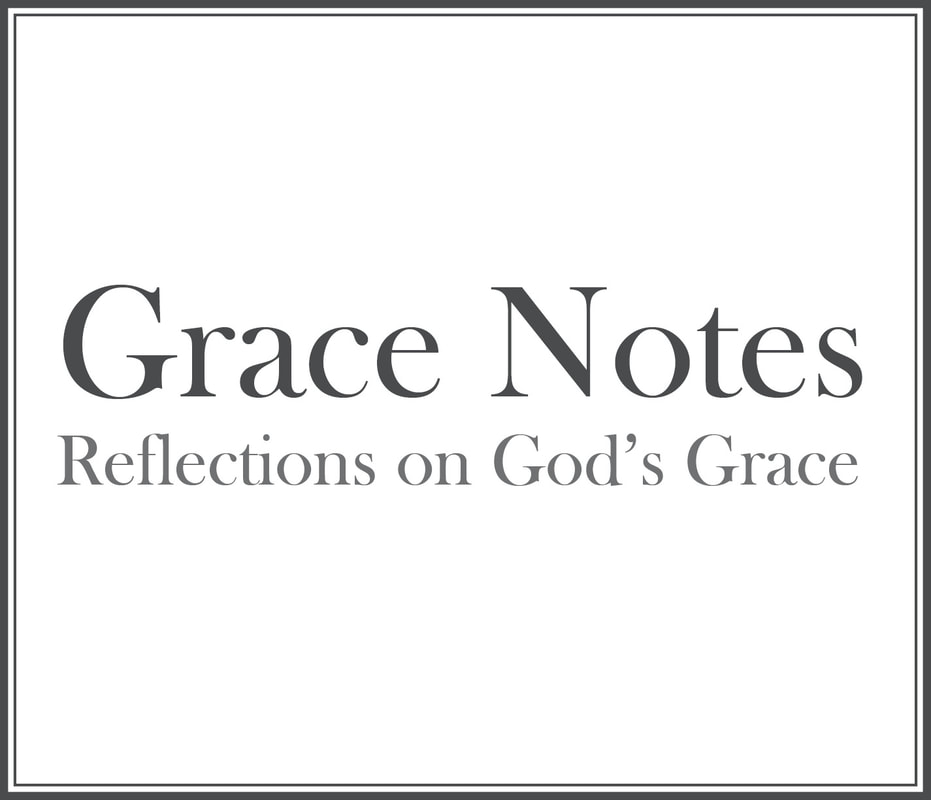 It has been a particularly difficult few weeks in our shared life together. By my count, there are currently eight families in our community who are navigating grief and mourning in the midst of a season that is supposed to be all about hope and expectation. After all, the shopping malls have proclaimed this the happiest and most wonderful time of the year with calls to put emotions that are anything but joyful on the backburner until some other, more “appropriate”, time in the future.  It has been a particularly difficult few weeks in our shared life together. By my count, there are currently eight families in our community who are navigating grief and mourning in the midst of a season that is supposed to be all about hope and expectation. After all, the shopping malls have proclaimed this the happiest and most wonderful time of the year with calls to put emotions that are anything but joyful on the backburner until some other, more “appropriate”, time in the future. And so, death in the midst of Advent seems entirely out of place because the emotions we experience in death seem to clash spectacularly with how we have been trained to feel in December. When death comes in Advent, the anticipation and excitement that we are used to feeling as Christmas Day draws nearer is all but impossible to find, and we may begin to ask ourselves how we can possibly celebrate the coming of the true Light when everything else seems so dark. Since at least the 8th Century, the church has used the “O Antiphons” to mark the final week before Christmas. These seven “titles” for the Messiah are grounded in the prophetic literature of the Hebrew scriptures and serve to point the faithful towards the various ways in which the Christ will be made manifest in the world. In more recent history, the O Antiphons have been adapted into the familiar Advent carol “O Come, O Come, Emmanuel” and used as a part of worship as congregations around the world wait for the Christmas season: December 17 – O Wisdom (Isaiah 11:2-3a) The spirit of the LORD shall rest on him, the spirit of wisdom and understanding, the spirit of counsel and might, the spirit of knowledge and the fear of the LORD. His delight shall be in the fear of the LORD. December 18 – O Lord of Might (Isaiah 33:22) For the LORD is our judge, the LORD is our ruler, the LORD is our king; he will save us. December 19 – O Root of Jesse (Isaiah 11:10) On that day the root of Jesse shall stand as a signal to the peoples; the nations shall inquire of him, and his dwelling shall be glorious. December 20 – O Key of David (Isaiah 22:22) I will place on his shoulder the key of the house of David; he shall open, and no one shall shut; he shall shut, and no one shall open. December 21 – O Morning Star (Isaiah 9:2) The people who walked in darkness have seen a great light; those who lived in a land of deep darkness—on them light has shined. December 22 – O King of Nations (Isaiah 2:4) He shall judge between the nations, and shall arbitrate for many peoples; they shall beat their swords into plowshares, and their spears into pruning hooks; nation shall not lift up sword against nation, neither shall they learn war no more. December 23 – O Emmanuel (Isaiah 7:14) Therefore the Lord himself will give you a sign. Look, the young woman is with child and shall bear a son, and shall name him Immanuel, that is, God with us. Take a minute to look at the words of promise contained in these verses from Isaiah. The language is not necessarily happy, at least not in the way that we have come to expect from our consumer-driven culture, but it is profoundly hopeful and, therefore, joy-filled. The O Antiphons serve as a reminder that the One for whom we wait is the One who can and does bring light out of darkness, not by repressing our grief and sadness but through the promise of the One called Emmanuel, the God who is and always shall be present with God’s people. The Messiah that the O Antiphons proclaim is One who promises to bring life out of death and is already at work transforming our present reality into the new reality of God’s peaceful and glorious reign. And so, while the death of a loved one is never easy, never expected, and never comes at a “right” time, perhaps there is, in fact, something to be said for death coming in Advent. Perhaps, in its own unique way, Advent is able to surround our grief with hope and a reminder that the ones whom we have lost are now at rest in the presence of the One for whom we wait. Wherever you are along life’s journey, whether this Advent finds you mourning or celebrating, happy or filled with sadness, hopeful or hopeless, hear these words of promise and know that God is, indeed, with you. May the One for whom we wait bring you peace in this holy season. Garth Englund, Pastoral Intern
1 Comment
Anders
12/19/2019 05:54:58 pm
Articulate and thoughtful as always, Garth. I feel like the holidays are a hard time of year for many people (more than the commercials would like you to believe)--especially so when there is a loss of a loved one. Maybe the gravity of loss during a (supposed) time of joy is why it seems more common this time of year?
Reply
Leave a Reply. |
Categories
All
Archives
July 2024
|


 RSS Feed
RSS Feed

